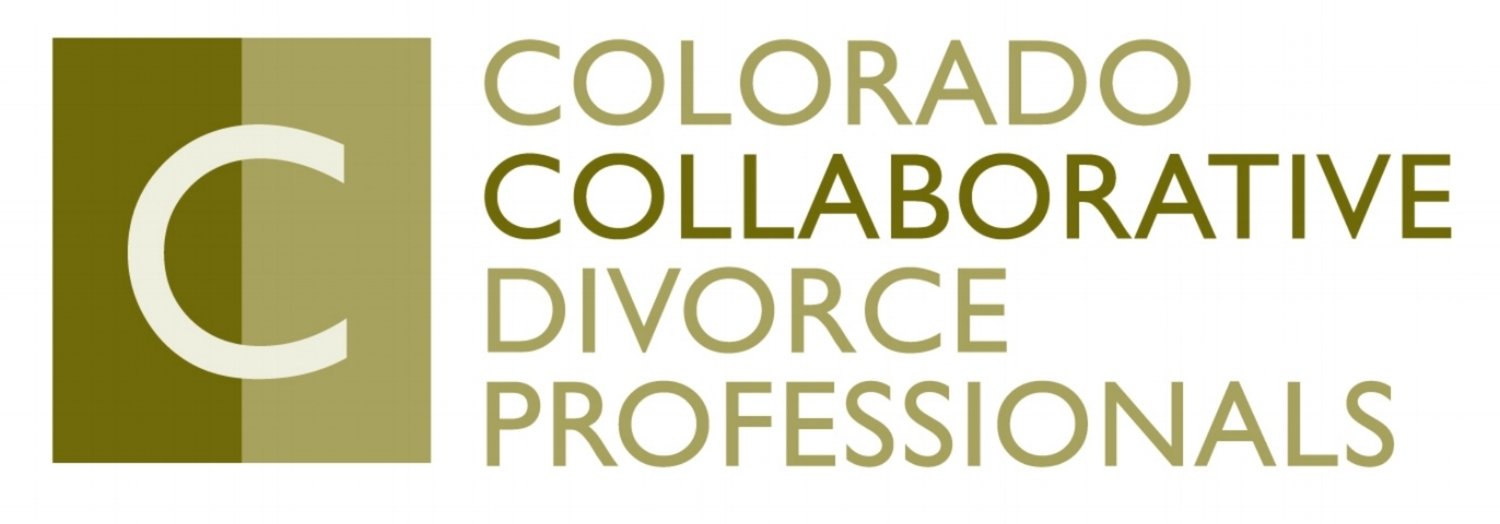If you're passionate about helping families resolve conflict with dignity and care, collaborative divorce might be the model that fits your values.
For many professionals in family law, the traditional courtroom approach can feel misaligned with their desire to create healing, respectful outcomes. Whether you’re an attorney, financial specialist, therapist, or coach, you’ve likely seen the emotional and financial toll of adversarial divorce.
Collaborative divorce offers a different path, one centered on teamwork, transparency, and long-term solutions that prioritize families. If that sounds like the kind of impact you want to make, it may be time to explore how collaborative practice can fit into your work.
What Makes Collaborative Divorce Different?
Collaborative divorce is a team-based, out-of-court process where trained professionals work together to help families reach a resolution without going to trial. Each person involved agrees to open communication, full disclosure, and a shared commitment to finding workable outcomes.
Instead of confrontation, the focus is on cooperation. This allows for more creative solutions, less emotional damage, and a smoother path forward for everyone involved, especially children.
Professionals in the process include:
Family law attorneys
Mental health professionals
Financial neutrals
Child specialists
Divorce coaches
Mediators and communication experts
Each plays a vital role in helping families navigate this time with clarity and care.
Why Collaborative Divorce Attracts Forward-Thinking Professionals
If you're drawn to work that emphasizes trust, communication, and emotional intelligence, this may feel like a natural extension of your skillset. Many of those who join collaborative teams report greater job satisfaction and stronger connections with clients.
Rather than simply resolving legal or financial matters, collaborative work invites you to be part of a bigger solution, helping reshape how families experience separation and transition. It creates space for deeper conversations, mutual respect, and more sustainable agreements.
You’ll also collaborate with professionals from other fields, refine your conflict resolution skills, and gain new insight into family dynamics that often go unaddressed in traditional processes.
Is It Only for Lawyers?
Not at all. One of the strengths of collaborative divorce is that it brings together professionals from multiple disciplines. Therapists, counselors, financial advisors, and coaches each bring essential support to the table.
If you’re a mental health or financial professional who often works with divorcing clients, learning how to integrate your expertise into the collaborative model can be a meaningful next step. Many clients need help managing stress, co-parenting communication, or financial restructuring, all areas where your guidance can make a big impact.
How to Know If It's a Good Fit
Start by asking yourself these questions:
Do I believe in resolving conflict without court intervention?
Am I comfortable working in a team-based setting?
Do I want to build more meaningful relationships with other professionals in my field?
Would I like to offer a divorce option that feels healthier and more empowering for families?
If the answer to most of these is yes, collaborative divorce may be the direction you’ve been looking for.
How CCDP Supports Collaborative Professionals
The Colorado Collaborative Divorce Professionals (CCDP) network is designed to support and connect practitioners who share a commitment to respectful, team-based divorce. Members gain access to training, ongoing education, referrals, and peer support that help grow their collaborative work and deepen their impact.
Joining CCDP means becoming part of a professional community that values compassion, ethics, and collaboration. You’ll have the opportunity to expand your network, build trusted team relationships, and elevate your ability to serve clients during one of life’s most difficult transitions.
Take the Next Step Toward Collaborative Practice
If you’re ready to explore how collaborative divorce can align with your values and enhance your professional work, we invite you to learn more about becoming part of the CCDP community.
Let’s work together to make divorce a process that heals, not harms. Let’s build a network of professionals who are committed to doing things differently.

